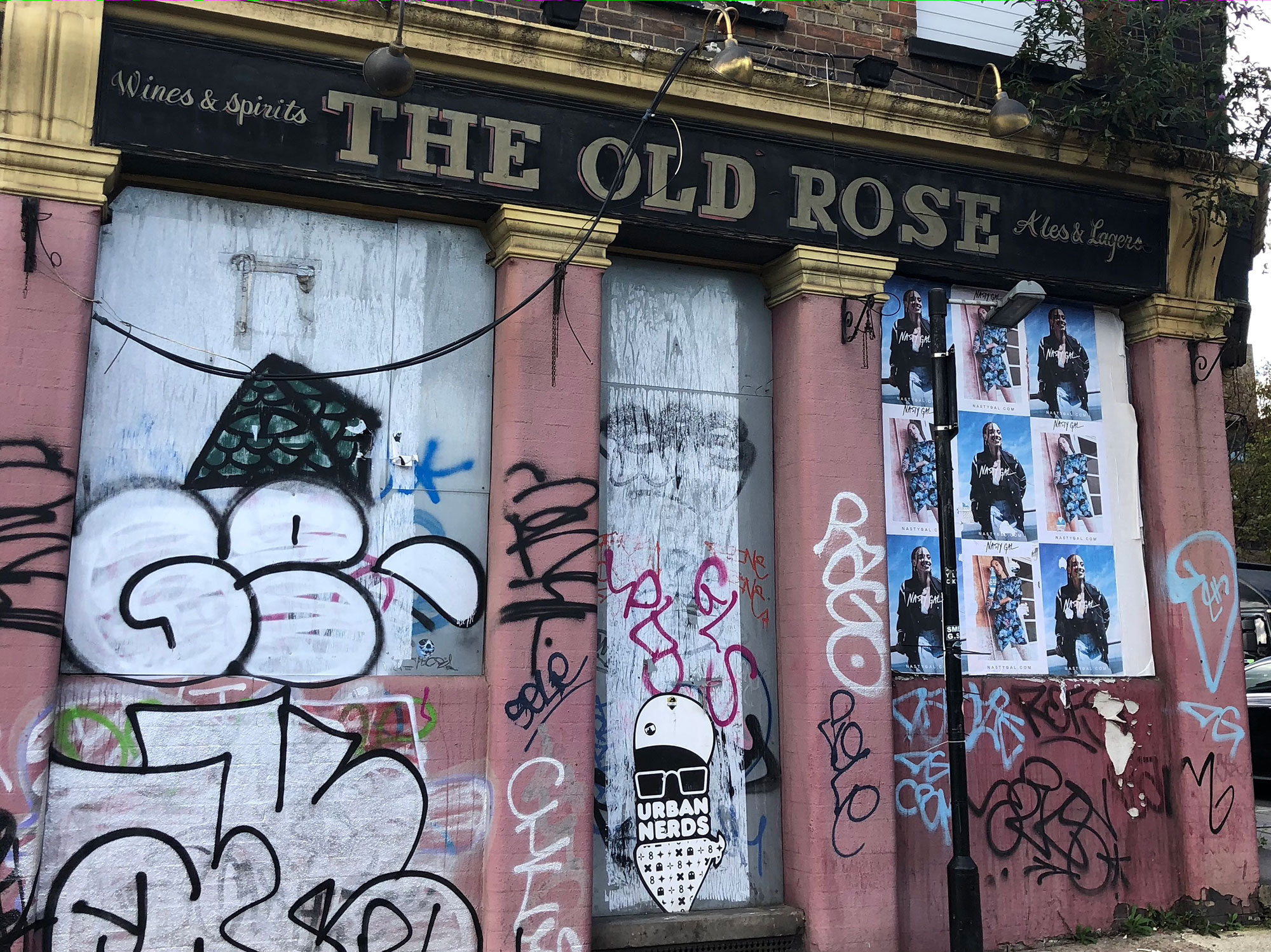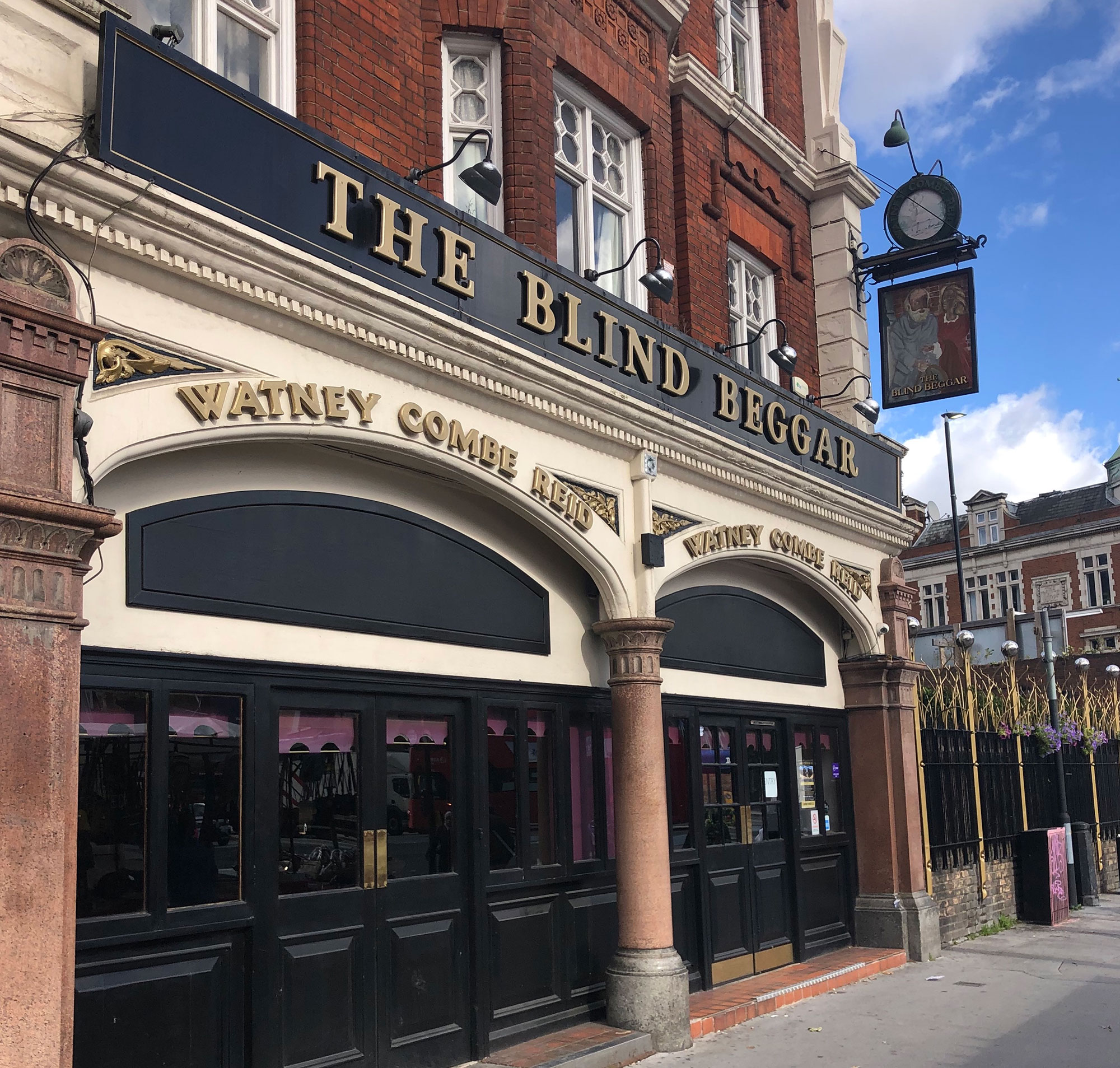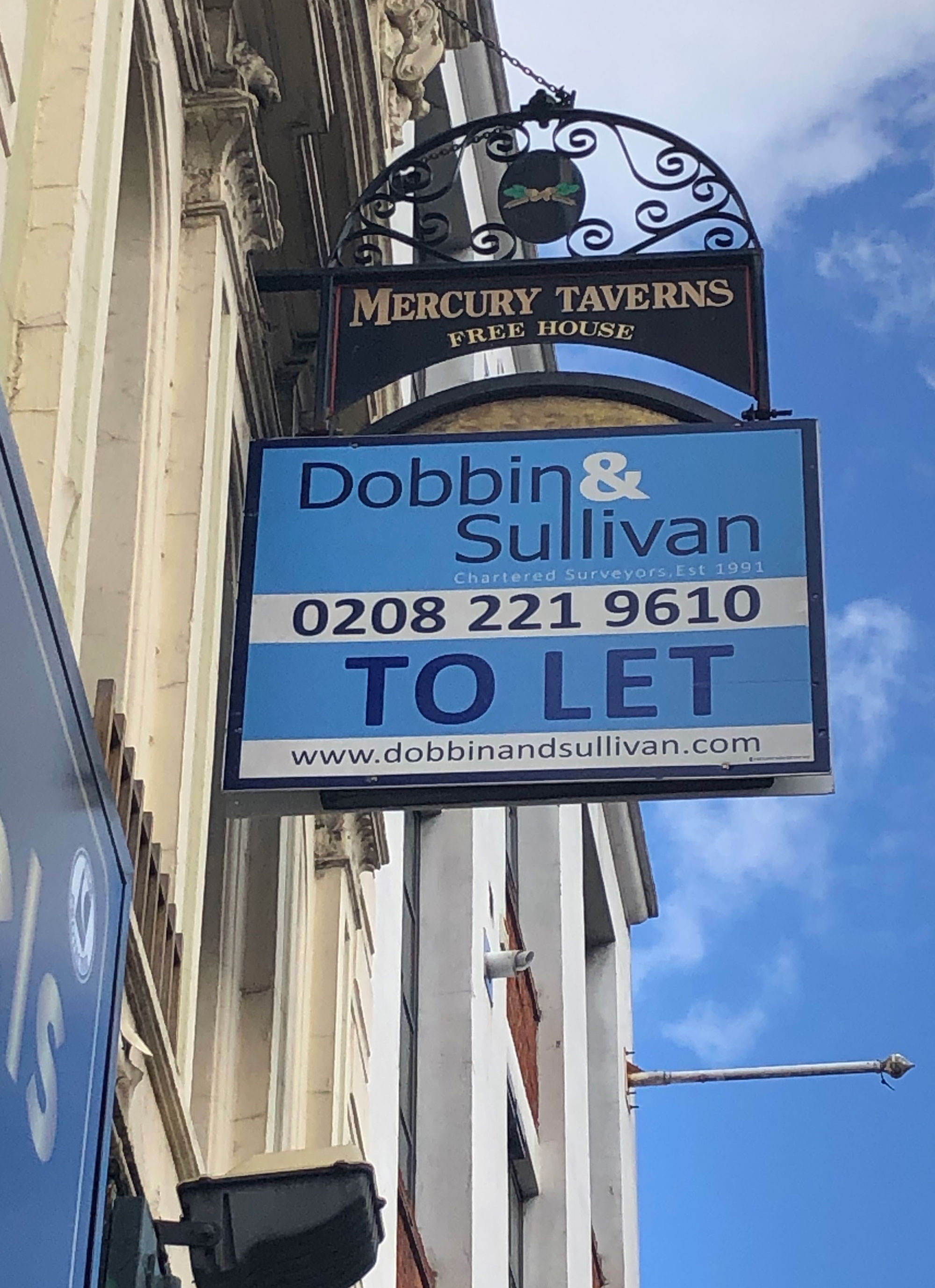CLOSING TIME
CLOSING TIME
THE SAD DEMISE OF THE GREAT BRITISH BOOZER

The UK government’s decision on October 15 to re-introduce various degrees of lockdown was greeted by howls of despair across the land, none louder than those from behind the bars of the nation’s embattled pubs. The Financial Times estimates that a quarter of the UK’s 40,000 pubs will go out of business as a result of the ongoing crisis - a tragedy of horrendous proportions not just for their staff, their customers and their owners, but for the culture of the nation as a whole.
There was a time not so very long ago, when almost every street corner, every village, every tiny hamlet had a pub; some were even marooned on their own beside quiet country roads in the middle of nowhere. They were often empty but for a bad-tempered landlady behind the bar. The carpet would be frayed, the beer stale, and there was often nothing more to eat than a packet of crisps and a rather dubious pickled egg.
It seemed to make no economic sense for such places to exist; but ours was not to reason why. Like stately homes and parish churches they were there because they always had been. They were what made this nation what it was - and, I suppose, it was immensely reassuring to think that was how it would always be.
Mrs Thatcher saw things differently. Because the truth was that most of these pubs existed simply because they were subsidised by one of the big breweries – a relationship known as the tie. And subsidy of any kind was, of course, anathema to the free-market orthodoxy of the 1980s. So, in the final year of Mrs T’s government, the decision was taken to cut the tie and unleash an invigorating blast of competition on that moribund sector of the economy. The result was that thousands and thousands and thousands of small, unprofitable pubs shut their doors, never to re-open.
And, once it got started, the process continued unabated. In the first twenty years of the new millennium, changing demographics, new habits, price competition and recession all combined to force another 15,000 pubs out of business.

This could be seen as a simple, brutal fact of economic reality - we should just get over it and carry on. But there’s more to it than that. Because the pub is not a kind of bar, or a kind of restaurant or a glorified café with timbered beams and horse brasses. Nowhere else in the world (except in Ireland, of course) do you find an institution quite like the British boozer.
But to put your finger on what is so special about the pub is a tricky one. These days when villagers band together to save their local hostelry, they often invoke the idea that the pub “serves the local community”. And they’re absolutely right – it serves it better than almost any other institution that can be imagined. But I still think that doesn’t quite capture what the pub is really about.
If the pub has a point, it is that it means different things to different people. The pub is a refraction of the nation into myriad different wavelengths, not all of them flattering, but each in some way expressing a small part of who we are.
Because when you enter a pub, you are not entering a bland, homogenised space. Each pub is a little world of its own, with its own personality. The pub should embrace its guests with open arms – but without losing a sense of who it really is. It is something that is embedded deep in the British psyche. Even the huge pubcos that have taken over so many of our ancient boozers have resisted the temptation to impose too much of their own branding and have mostly respected the existing names and identities. For which small mercy, I raise my glass!
However, in recent years we have increasingly been encouraged to think of pubs as cosy places with roaring fires, filled with happy families sitting down to wholesome meals. But that, of course, is only one aspect of the pub. For, traditionally, many pubs were not nice places and made no attempt to be.
Indeed, many were downright scary - which was part of what made them fascinating. I remember the visceral thrill of pushing through the door of an unknown pub and not knowing quite what to expect. A posse of outrageously dressed punks, perhaps, propping up the bar next to elderly men in grubby coats… an experimental theatre company in a blacked-out upstairs room… a brilliant young band thrashing away in the cellar. Or perhaps it was an Irish pub that would resound to proud nationalist songs at last orders. Or maybe a bar-room crammed to bursting with football fans getting tanked up before the game, with little groups of skinheads staring malevolently around and spoiling for a fight.
No, they were not always nice places. Many of the pubs of my youth positively simmered with violence. Vicious mayhem was routine at closing time on Friday and Saturday nights. And fights would start at almost any time for the most trivial of reasons: a spilled drink, an accidental nudge at the bar. As a teenager I was picked up from the pavement outside a pub on two occasions, having been kicked unconscious by gangs of much older men. My offence? An unruly mop of ginger hair. At the time, I assumed it was just part of growing up. It certainly didn’t stop me going back.

In my mind, however, it was the pubs of London’s old East End that were the most terrifying of all. Whitechapel, Wapping, Shadwell, Limehouse: these were names to send a shiver through you. This was where the real hard men drank: the nutters, the serious men of violence.
Pubs like The Grave Maurice and The Blind Beggar in Whitechapel Road were notorious, in particular for their association with the Kray twins. But there were many, many other East End pubs that hung on long after the last of the old docks shut its doors in 1981. They were grim, brooding, threatening places often with names recalling the area’s vanished maritime heritage: The Jolly Sailor, The Mariners, The Anchor, The Dolphin - even The China Ship.
Today, they have nearly all gone. The Blind Beggar is still there but The Grave Maurice is now a bookies. Some have been demolished and others are shops or cafes; but many have been converted into flats or expensive houses. And it is one of these that provides the setting for this week’s haunting: Last Orders At The China Ship.
In a certain sense, the story is a lament for all those vanished pubs and their weird forgotten worlds. And alas, I fear this is the kind of lament that will become all too common. Because if the current crisis plays out as many predict, our cities, towns and villages will be haunted by their lost pubs for generations to come.

